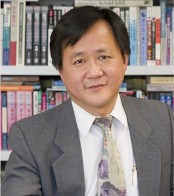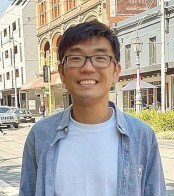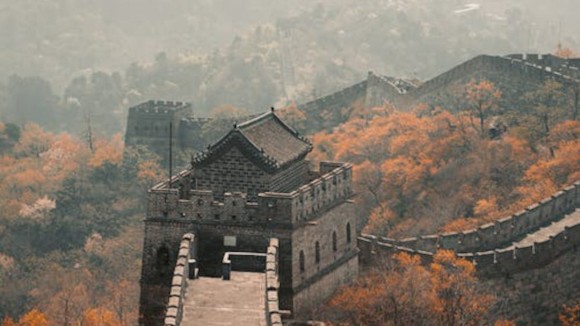 Alvin Camba is an Assistant Professor at the Josef Korbel School of International Studies at the University of Denver. He is a Faculty Affiliate at the Center for International Environment & Resource Policy and the Climate Policy Lab at the Fletcher School at Tufts University. Dr Camba studies the political economy of development, examining how countries in the Global South make political and economic choices in the context of China’s rise. His research has been awarded best research paper awards by several academic networks, published in top development and political economy journals, and consulted by Southeast Asian politicians. He has also contributed to widely circulated think tank policy papers on China’s activities in Southeast Asia.
Alvin Camba is an Assistant Professor at the Josef Korbel School of International Studies at the University of Denver. He is a Faculty Affiliate at the Center for International Environment & Resource Policy and the Climate Policy Lab at the Fletcher School at Tufts University. Dr Camba studies the political economy of development, examining how countries in the Global South make political and economic choices in the context of China’s rise. His research has been awarded best research paper awards by several academic networks, published in top development and political economy journals, and consulted by Southeast Asian politicians. He has also contributed to widely circulated think tank policy papers on China’s activities in Southeast Asia.
 Alexandre Cesar Cunha Leite is an Associate Professor at Paraíba State University, Brazil, a Professor in the Graduate Program of International Relations, PPGRI/UEPB (Paraíba State University), Professor in the Graduate Program of Public Management and International Cooperation, PGPCI/UFPB (Paraíba Federal University), and a Professor in the Graduate Program of International Relations, PPGRI/PUCMINAS. He is the Coordinator of the Group of Studies and Research in Asia-Pacific and Creator of SACIAR. He develops studies in International Political Economy; Brazilian Economy; Asian Studies and International Cooperation between countries.
Alexandre Cesar Cunha Leite is an Associate Professor at Paraíba State University, Brazil, a Professor in the Graduate Program of International Relations, PPGRI/UEPB (Paraíba State University), Professor in the Graduate Program of Public Management and International Cooperation, PGPCI/UFPB (Paraíba Federal University), and a Professor in the Graduate Program of International Relations, PPGRI/PUCMINAS. He is the Coordinator of the Group of Studies and Research in Asia-Pacific and Creator of SACIAR. He develops studies in International Political Economy; Brazilian Economy; Asian Studies and International Cooperation between countries.
 Steve Tsang is the Director of the SOAS China Institute, London, and an Emeritus Fellow of St Antony’s College, Oxford, UK. Prof Tsang regularly contributes to public debates on different aspects of issues related to the politics, history, foreign policy, security, and development of the People's Republic of China, Taiwan, Hong Kong, and East Asia more generally. He is known for his work on Hong Kong and for introducing the concept of 'consultative Leninism' as an analytical framework to understand the structure and nature of politics in contemporary China.
Steve Tsang is the Director of the SOAS China Institute, London, and an Emeritus Fellow of St Antony’s College, Oxford, UK. Prof Tsang regularly contributes to public debates on different aspects of issues related to the politics, history, foreign policy, security, and development of the People's Republic of China, Taiwan, Hong Kong, and East Asia more generally. He is known for his work on Hong Kong and for introducing the concept of 'consultative Leninism' as an analytical framework to understand the structure and nature of politics in contemporary China.
 Wilfred Yang Wang is a Lecturer in Media and Communications Studies at the University of Melbourne, Australia. His research focuses on data and algorithmic governance, the biopolitics of ageing, diasporic media, digital geography, and China. Wilfred’s recent projects focus on the digital infrastructural buildings and governance in China and Australia with specific attention to the biopolitical governance of ageing bodies in a digital era.
Wilfred Yang Wang is a Lecturer in Media and Communications Studies at the University of Melbourne, Australia. His research focuses on data and algorithmic governance, the biopolitics of ageing, diasporic media, digital geography, and China. Wilfred’s recent projects focus on the digital infrastructural buildings and governance in China and Australia with specific attention to the biopolitical governance of ageing bodies in a digital era.

